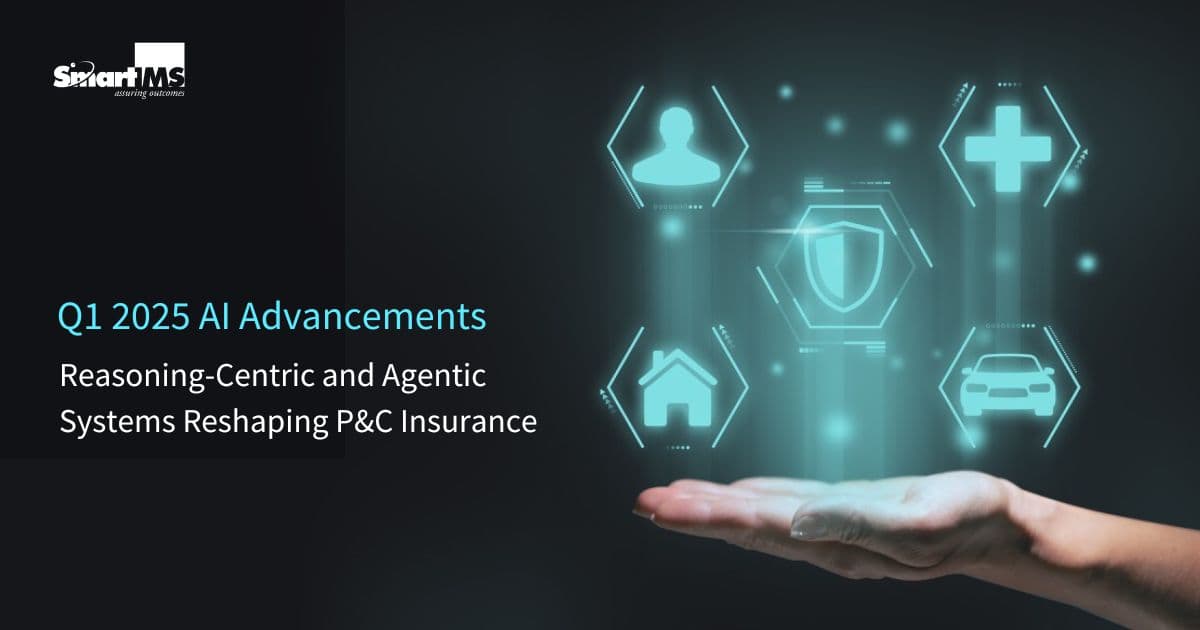AI Progress Accelerates: "Reasoning" Paradigm Fuels Exponential Gains Amidst Scaling Debates

New research and industry observations indicate that the advancement of Artificial Intelligence, particularly within the "Reasoning" paradigm, continues at an undiminished pace, challenging claims of slowing progress in large language models (LLMs).
Reports from individuals close to leading research institutions, referred to as "Frontier Labs," suggest a sustained trajectory of improvement in AI capabilities. An individual identified as Haider. recently commented on social media, stating, "everything we're hearing from people at Frontier Labs says, there's no end to improvements or signs of diminishing returns as we scale compute." This perspective directly counters what Haider. termed "brainless skeptics who contribute nothing," emphasizing that the "Reasoning" paradigm remains largely unexplored.
This assertion aligns with recent academic findings. A September 2025 arXiv paper titled "The Illusion of Diminishing Returns: Measuring Long Horizon Execution in LLMs" argues that while gains in single-step accuracy for LLMs might appear to slow, these marginal improvements can lead to exponential advancements in the length and complexity of tasks AI models can successfully complete. The paper highlights that "thinking models," which leverage sequential test-time compute, significantly enhance long-horizon execution by mitigating issues like the "self-conditioning effect," where models become more prone to errors after making initial mistakes.
The focus on "Reasoning" as a critical frontier in AI development is gaining traction across the industry. Major AI labs, including Google with its Gemini 2.5 and OpenAI with GPT-5, have introduced models featuring advanced reasoning capabilities in 2025. These models are designed to "think" through problems step-by-step before responding, leading to improved performance in complex tasks requiring logical consistency, problem-solving, and decision-making. OpenAI's GPT-5, for instance, launched in August 2025, integrates "thinking built-in" and has achieved expert-level reasoning in challenging benchmarks.
However, a counter-narrative exists regarding the sustainability of current scaling approaches. Sara Hooker, former VP of AI Research at Cohere, launched Adaption Labs in October 2025, betting against the "scaling race." Hooker argues that simply scaling LLMs has become an inefficient way to extract performance, advocating instead for AI systems that can continuously adapt and learn efficiently from real-world experiences. This sentiment is echoed by some researchers, including Richard Sutton and Andrej Karpathy, who have expressed reservations about the long-term potential of current scaling methods.
Despite these debates, the prevailing sentiment from within "Frontier Labs" and supporting research suggests that the exploration of advanced reasoning paradigms is unlocking new levels of AI capability, pushing past perceived limitations and indicating a robust future for AI development.